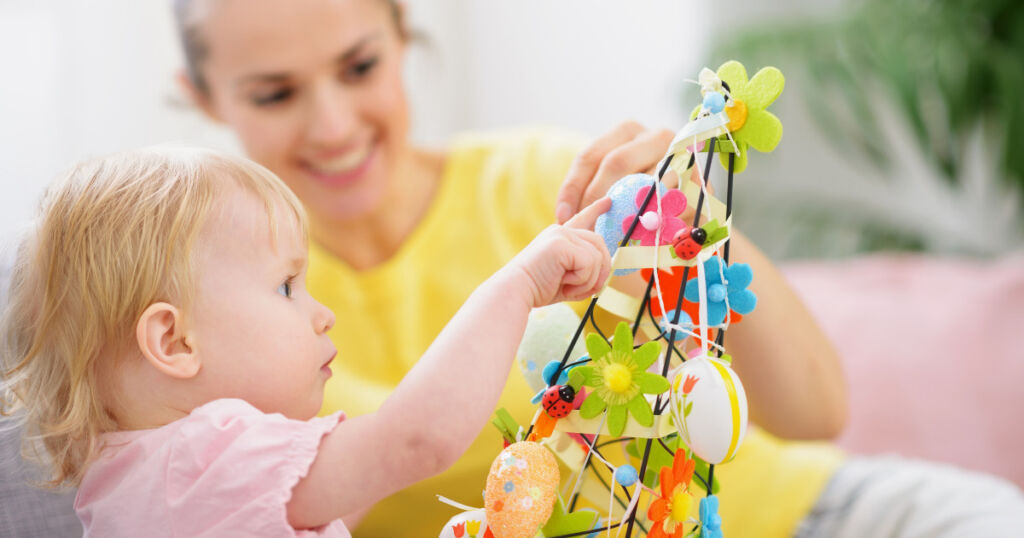Why using childcare shouldn’t be considered “outsourcing parenting”

The A$1.7 billion childcare package was fiercely debate during a Coalition party room meeting last month. According to the Guardian, things became heated when it was suggested by certain MPs that women sending kids to childcare were “outsourcing parenting”.
It really does take a village
Not surprising this comment caused a huge reaction among the female MPs in the room, one of whom reportedly said, “Thank you, boys, for telling us how to best raise our children.”
However, there is more to childcare than it just being a place to babysit your child. Laurien Beane, Course Coordinator, Queensland Undergraduate Early Childhood, Australian Catholic University, Laurien reported in the The Conversation how childcare centres can be an important part of our children’s development. “Parents are thought to be a child’s first and most influential educator,” she says. “But children are also raised in the community.”
According to Laurien, children not only need relationships with parents but also other caregivers in society in order to develop other skills. “They learn important social, emotional, physical and cognitive skills and abilities during the critical time of their development,” says Laurien. “The course of human history over millennia shows raising a child takes a village.”
Parenting differs for everyone
Everyone approaches parenting differently and there is no one size fits all. Not all parents have the choice of being able to stay home when their children are young. Others find parenting to be difficult overall. “For parents who have experienced challenges parenting at home, or who may need help due to other commitments such as work, the option of early childhood education and care is precious,” says Laurien.
According to Laurien, evidence shows that in 2015, approximately 165,000 Australian parents wanted to work more but were unable to because of childcare costs or unavailability. For many parents, the concept of a “village” raising a child no longer exists and many feel unsupported and alone. “ Early childhood education and care centres are one important part of our village,” she says. “They form a support network established to ensure parents’ and children’s lifelong success.”
Don’t judge me
During the party room meeting, certain MPs reportedly spoke out on how we need to respect women who choose to go back to work. Women have enough going on during those early days of parenting, without being judged for their choices or reactions to what can often be a challenging situation. On top of caring for a baby or toddler, there might also be financial and emotional pressures or even mental health issues thrown into the mix. There are many different reasons for parents using childcare. And not only can daycare be beneficial for parents in the long run, but also for children. “Evidence shows participation in quality early childhood education for at least 15 hours per week benefits children’s overall development and provides them with important social and emotional skills,” says Laurien.
In some circumstances, parents often require more childcare than that. However, while a study in Canada in 2018 reported findings of risks caused by too many hours in childcare, Laurien believes more that needs to be taken into account to determine if this is true. “We would need more research to show the ways these risks depend on the nature and nurture of the child, the quality of the centre and staff, and influences of the community, government and funding.”
At the end of the day, the last thing a parent needs during those first few challenging years, is to feel judged by society for needing help with childcare. Raising a child is a huge undertaking and sometimes it takes more than just one parent. Even more than two parents. Sometimes it really does take a village.
















